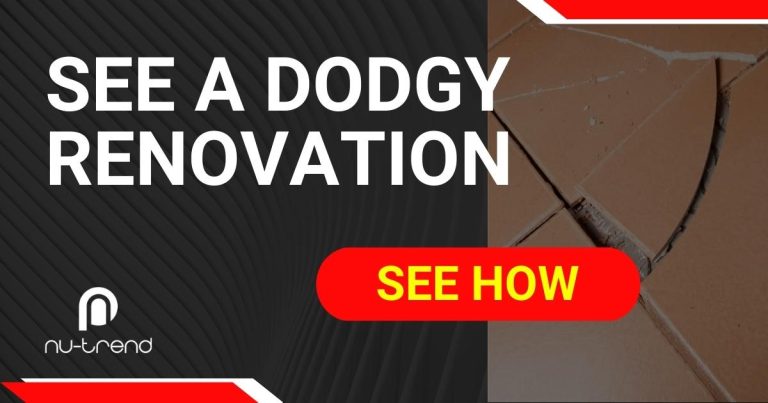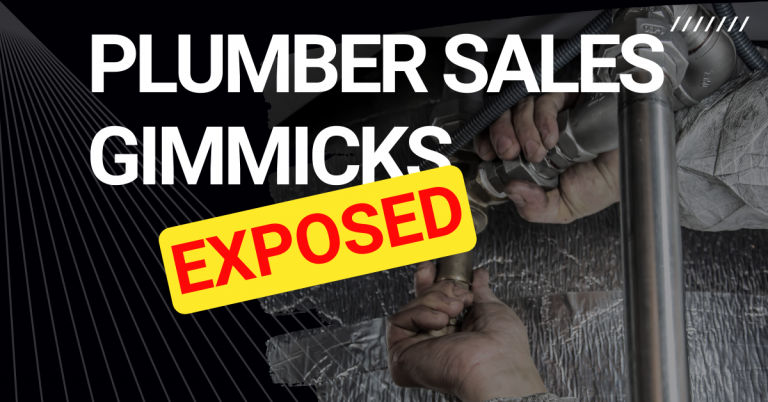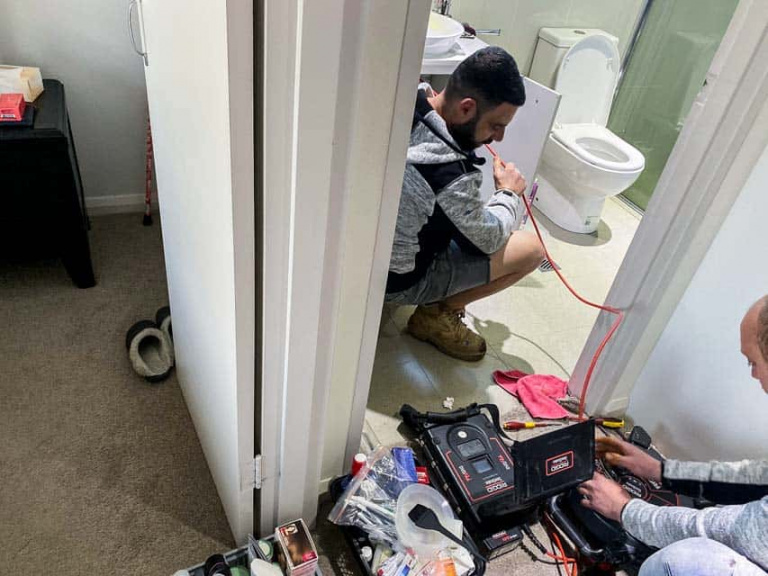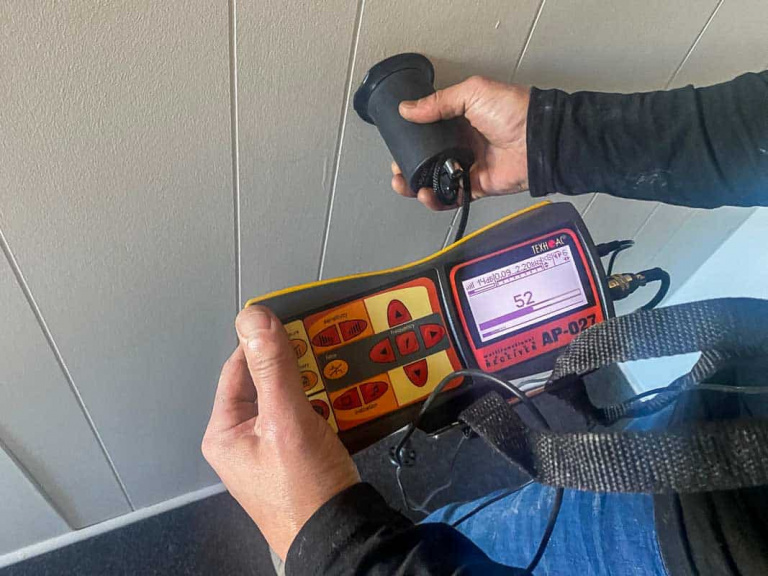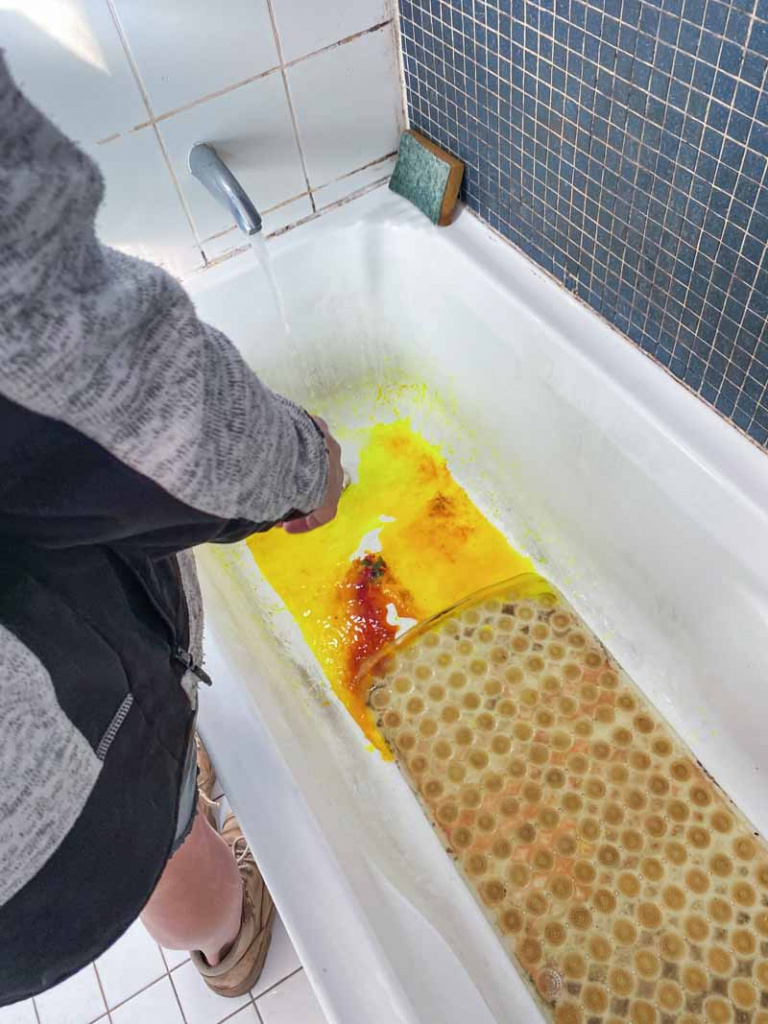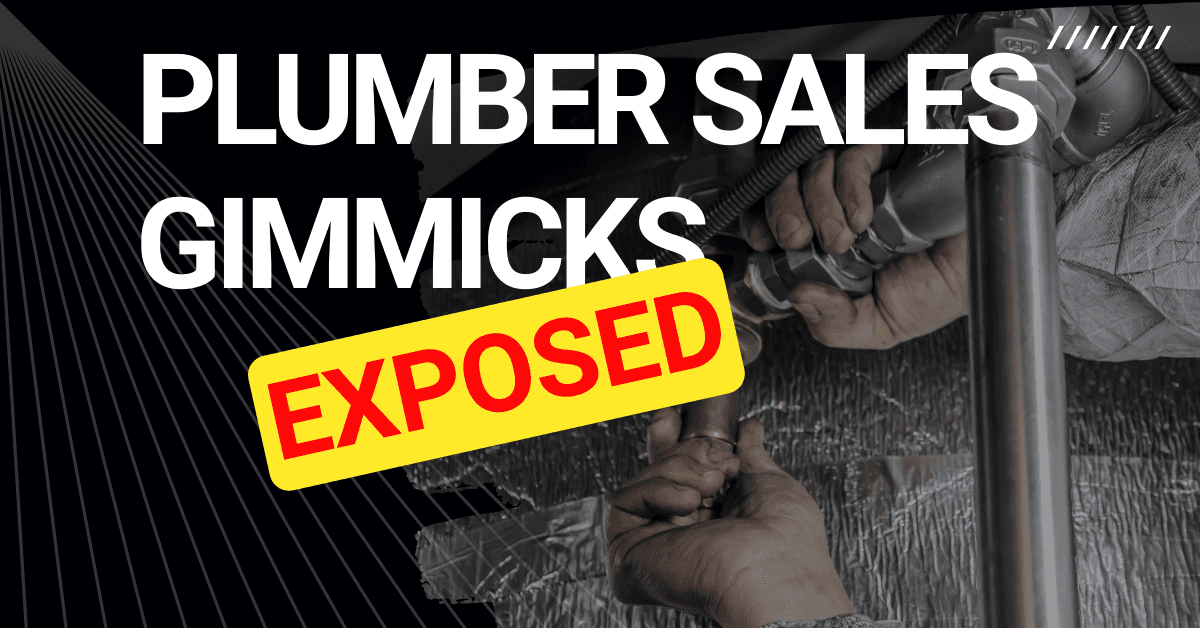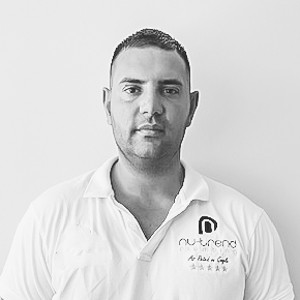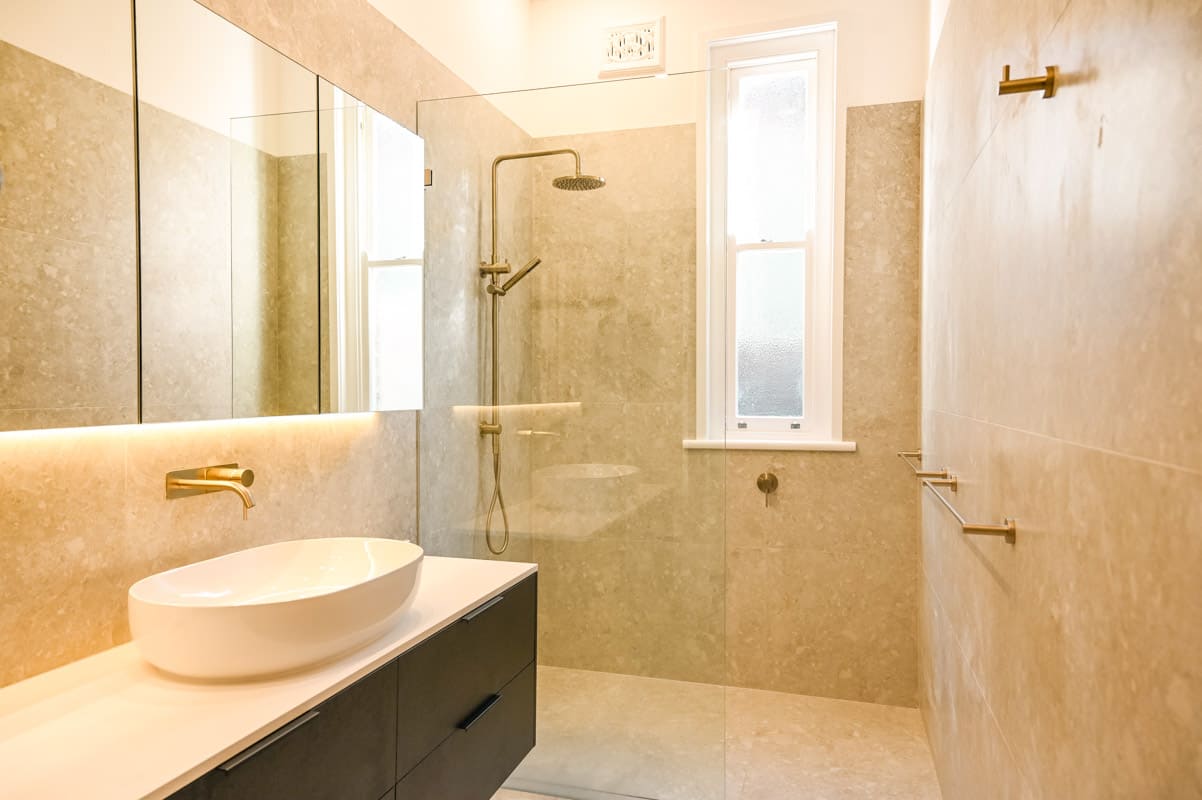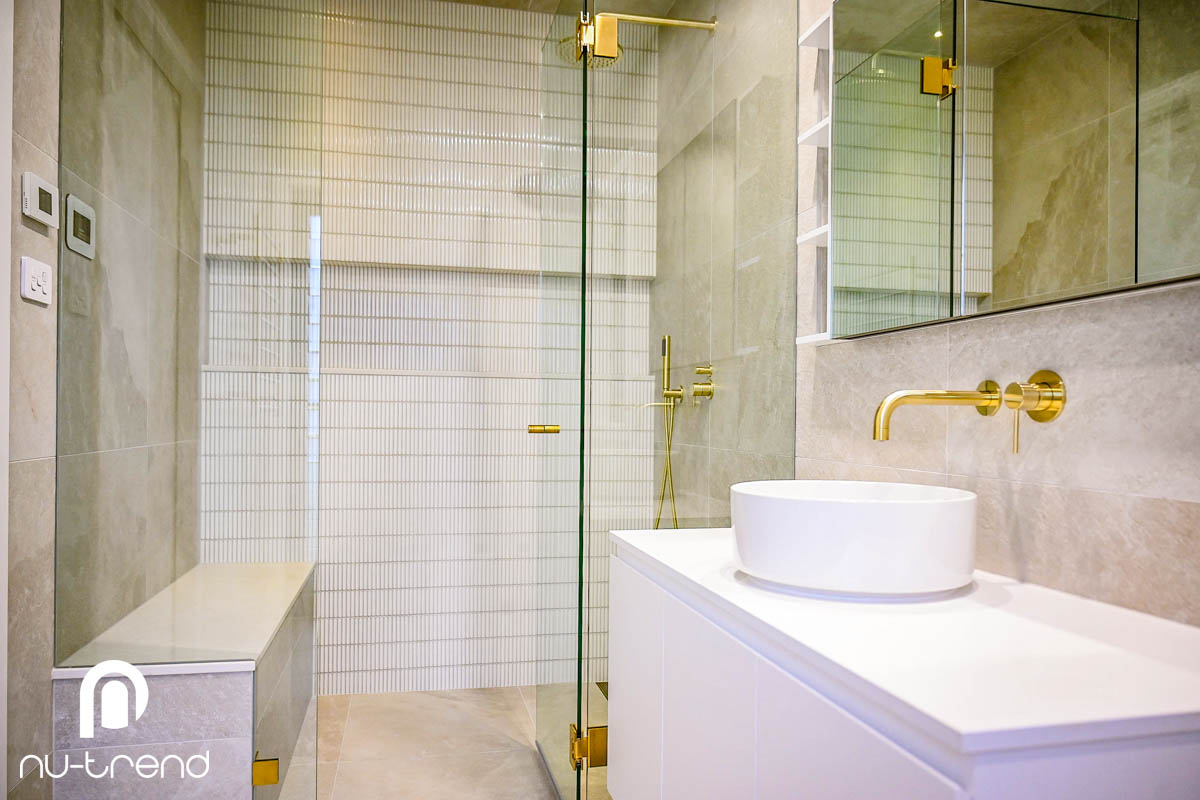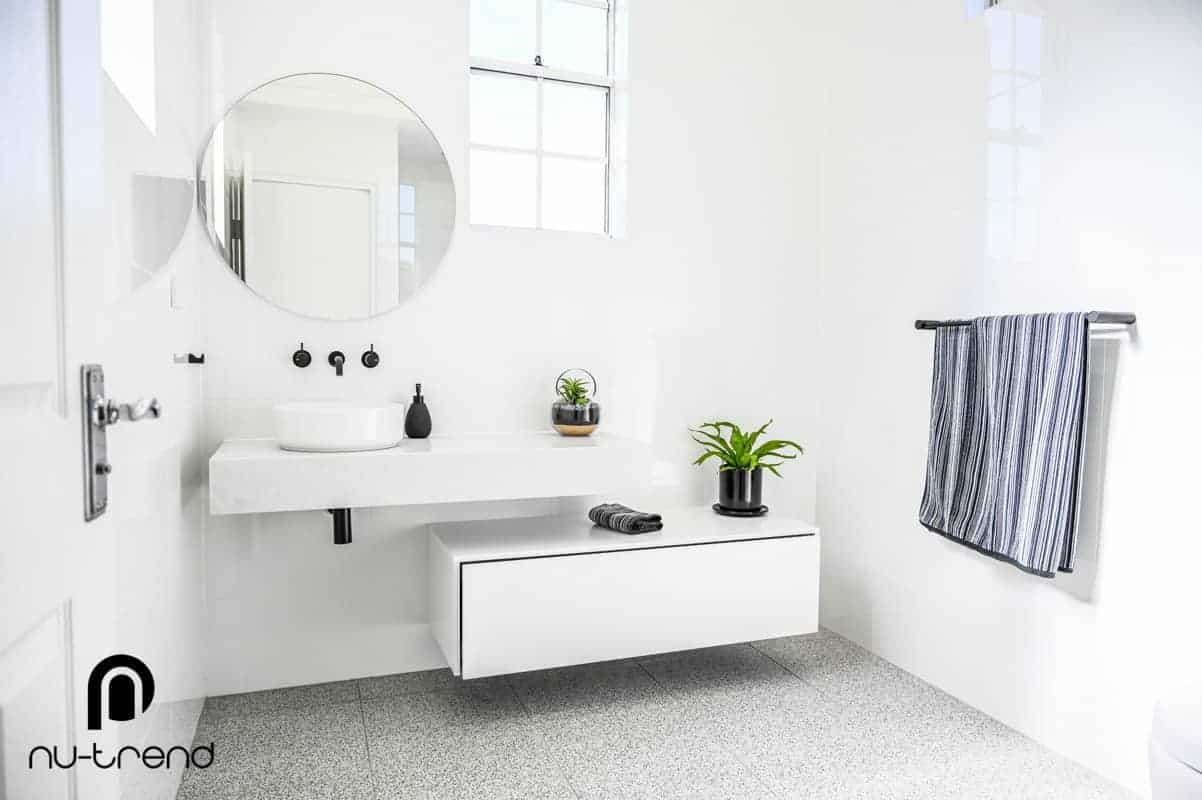Fixing water leaks
Water leaks should be fixed before they create property damage
- A water leak can be repaired for as little as $150
- If water is leaking it can damage a property
- water damage repairs can cost $5,000 or more to complete
- Water can leak in a bathroom, kitchen or laundry
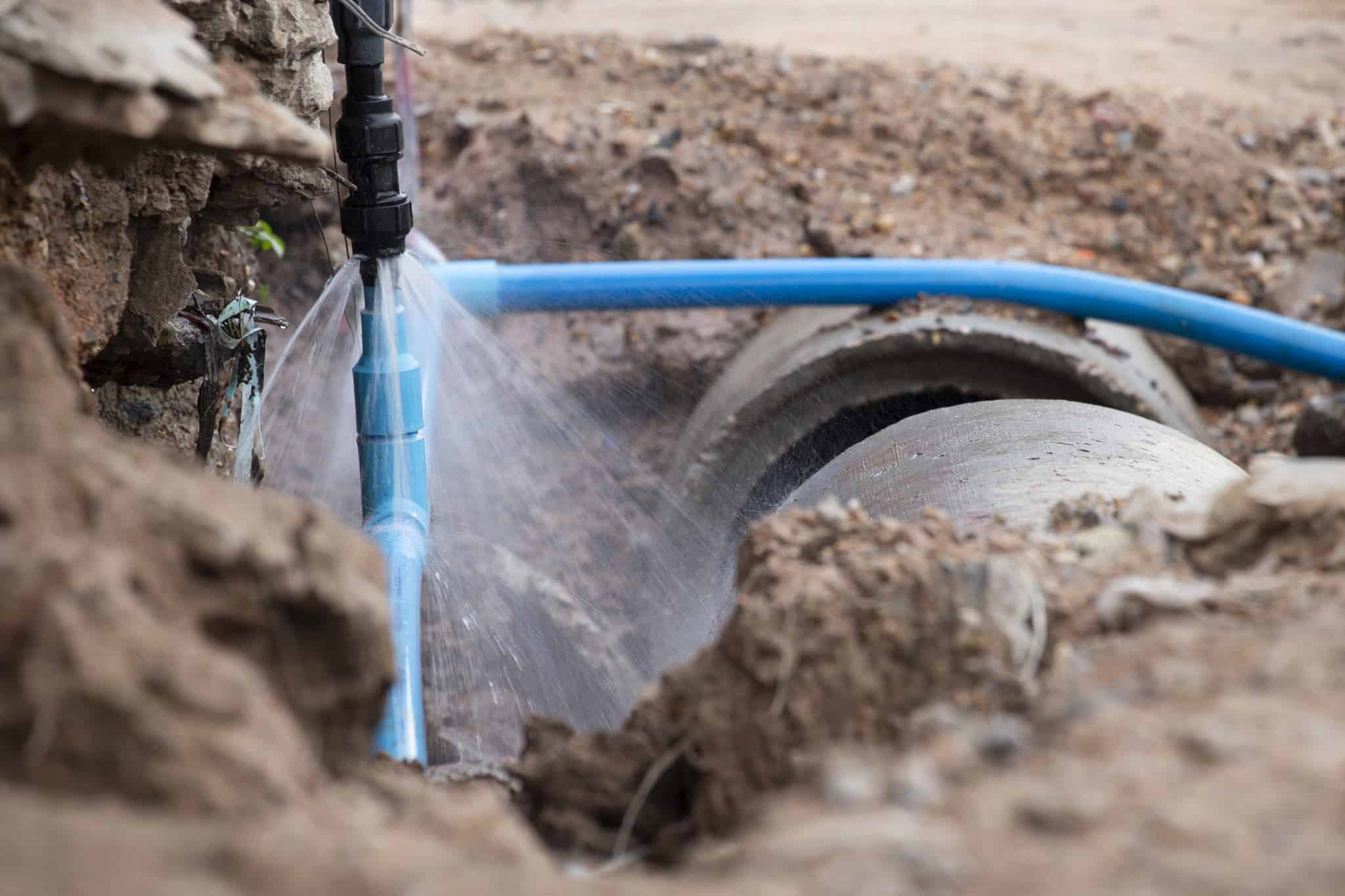
Nu-Trend is a licensed plumber in in Sydney that can identify & repair water leaks in a bathroom, laundry or kitchen. We help property owners in apartments or houses to find the source of a water leak and then repair it quickly & efficiently. Our licensed plumbers can repair all types of plumbing problems like a water leak or a blocked drain. Fixing a water leak is one of the most common services we are called for and it is one of the most common problems people face in their home.
Homeowners or business owners in Sydney can underestimate the potential damage a water leak can cause because generally, you can’t see it. We have come across lots of situations where a water leak has caused damage to walls, floors, and other structural parts of a property but the owners had no idea it was happening.
Getting a water leak repaired in most cases might cost as little as $150 inc gst for simple things relating to taps. If you ignore the problem and floor boards are damaged or the foundations of a home are altered then the repair costs can end up costing thousands and thousands to repair, that is why it pays to be diligent to avoid bigger problems.
Have a look at some examples below;
What are the most common causes of a water leak in Sydney?
Over the years we get asked similar questions about the causes and how to repair a water leak. The simple answer is there are lots of pieces inside a tap or your elements in your plumbing where a section or piece can fail due to age or constant use. It has to be identified & then repaired or replaced.
In most cases it is a tap or something simple that can be identified quickly. In more complex situations it could be plumbing under a concrete slab, a collapsed sewer or something else that is more difficult to identify.
Water leaks are the most obvious when you see a drip going into the sink, but at other times the leak could be in a pipe connection that is just behind the wall where you can’t see it. Over time you will notice mould, paint peeling or even bad smells as water damages timber framework, Gyprock, bathroom tiling or paintwork because it is left for too long.
Why does a tap leak?
A water leak from a tap is the most common household problem any property owner will face. There are millions of tap hardware choices but they all have a common structure which is a series of seals, washers and rubbers. Over time these can either become loose, corode or perish due to age and the amount of use it gets. What the actual cause is will depend on the make, model and age of the tap fixture. Nu-Trend is a licensed plumber that can visit your site, assess the problem and repair the leak quickly for you.
How much does it cost to fix a leaking tap?
The cost of fix a leaking tap is between $100 and $500 depending on the type of tap, how hard access is and what the actual cause of the leak is. It is impossible to really know until we can inspect the tap be wary of these things happening;
- Some plumbers might replace your tap with a cheap unit, so the problem is solved short term but the cheaper hardware fails later on.
- Be careful of fixed quote tap repairs. Without knowing the brand of tap, seeing what the problem is how could it be possible to know exactly the time it will take to fix? What some plumbers might do is offer a fixed price but then make up some other issues to recoup the money they lost if the job took longer than expected.
How do plumbers find leaks underground?
We use special equipment to do the testing and leak finding at a property. The equipment is designed to be used on houses, units or apartment blocks to test and find leaks.
Why does my sink drain have a water leak?
Sink drain leaks are most likely due to the age of the sink and the seals or washers that have perished. It could be something simpler like nuts that need tightening or fittings that have corroded and need replacement.
Why does my kitchen sink have a water leak?
Similar to drains, kitchen sinks can start to have water leaks due to the age of the sink and the water proof seals around the edge where it meets the bench. There could also be movement in the kitchen cabinets that has caused the piping to be dislodged or small gaps created in the seals.
What should I do when I have a leaky pipe?
Leaking pipes can mean there are lots of different things causing water to leak from what should be a sealed ‘system’ to either deliver water or get waste away from your property. It’s true that some people might get some high strength tape to solve the issue or try putting putty or filler on the leak. Although these are not only dangerous but may not really solve the problem, it could just move it to another location as water makes its way elsewhere depending on the gradient or location of the pipe. What might look like a problem solved could simply be ‘a problem created elsewhere’ and you don’t realise it until weeks or months later.
For pipes that have water leaks, you need to get a licensed plumber to do an inspection to determine the correct cause and remedy of the problem.
What causes your toilet to leak from the bottom?
A leaking toilet could be from the base, around the seating area, the waste pipes, the inlet tap or the cistern. There are so many different connections that get water into and wastage out of your toilet. If there are leaks around the base it means the seal and footing may have been damaged. This can cause leaks and potential odours to enter the property.
Leaks from other parts of the toilet could be due to corroded connections, seals or washers, so best to have a licensed plumber inspect your toilet to work out the problem and suitable remedies.
What are the common signs of a concrete slab water leak?
Water leaks from property foundations or slabs can sometimes be seen as water appearing on a pathway or driveway like a slow stream. At other times it could be soft, mushy, grass areas. In worse case scenarios you can’t see it and it begins causing small cracks in walls as the ground underneath becomes soft and can’t hold the weight of the building.
In either scenario you must call a licensed plumber to work out the cause of the issue.
How to find hidden water leaks in plumbing?
Water leaks that you can’t see are obviously one of the hardest to remedy. We have professional leak detection equipment that can scan floors, walls and ceilings to identify the source of a leak. What makes this process difficult is that the actual leak may not be at the location where the water is seen. Sometimes a leak could be further up the piping in a different spot, but water is moving to a lower part of the property and gathering.
Using our expertise and plumbing equipment we can detect these issues to work out the best way to approach leak repairs.
How to find a leak in my shower plumbing?
For shower plumbing we can normally do a special dye test where we put a colour in the water to work out where or how it is flowing. Water leaks that you can’t see are obviously one of the hardest to remedy. We have professional leak detection equipment that can scan floors, walls and ceilings to identify the source of a leak. What makes this process difficult is that the actual leak may not be at the location where the water is seen. Sometimes a leak could be further up the piping in a different spot, but water is moving to a lower part of the property and gathering.
Using our expertise and plumbing equipment we can detect these issues to work out the best way to approach leak repairs.
How do plumbers fix leaky pipes?
Fixing a leaky pipe isn’t a straight black and white answer. Sometimes it could be a simple as replacing part of the pipe if it is exposed and we can get to it. Other times the pipe may be underground or in a roof so we have to get to it first that could mean excavating the ground etc.
Once we have determined the cause of the leak, found where the pipe is then we will typically organise new materials, fittings, plumbing tapes, sealants etc to then get started and fix the leaky pipe.
How does a plumber in Sydney fix a water leak?
To address a water leak in a home in Sydney, a plumber typically adheres to a systematic process designed to accurately identify the source of the leak and implement effective remedial measures. Typically, this process unfolds in several stages, each meticulously executed to ensure thoroughness and precision.
Initial Assessment:
The plumber commences by conducting a comprehensive assessment of the premises to ascertain the extent and severity of the water leak. This entails inspecting visible plumbing fixtures, such as faucets, pipes, and appliances, while also considering potential concealed sources within walls, floors, or ceilings.
Diagnostic Testing:
Employing specialised diagnostic equipment, including moisture meters and thermal imaging cameras, the plumber conducts targeted testing to pinpoint the precise location of the leak. This diagnostic phase may involve pressurizing the plumbing system or conducting dye tests to detect elusive leaks.
Identification of Source:
Armed with diagnostic findings, the plumber meticulously identifies the source of the water leak. Whether it emanates from a faulty pipe joint, deteriorated sealant, or compromised appliance, the plumber exercises keen discernment to isolate the root cause with exactitude.
Repair Strategy Formulation:
With the source identified, the plumber devises a tailored repair strategy tailored to address the specific nature of the leak. This may entail pipe replacement, sealant application, fixture reinstallation, or other remedial measures, contingent upon the severity and complexity of the issue.
Implementation of Remedial Measures:
Executing the repair plan with precision, the plumber undertakes the necessary remedial measures to rectify the water leak effectively. Employing industry-best practices and adhering to regulatory standards, the plumber ensures that repairs are conducted with durability and longevity in mind.
Post-Repair Verification:
Following completion of repairs, the plumber conducts meticulous verification procedures to confirm the efficacy of the remedial measures. This may involve pressure testing, visual inspections, or additional diagnostic assessments to validate the integrity of the repaired plumbing system.
Client Communication and Documentation:
Throughout the process, the plumber maintains open communication with the client, providing transparent updates on findings, recommendations, and progress. Comprehensive documentation of diagnostic findings, repair actions, and post-repair verification results is furnished to the client for reference and assurance.
By adhering to this type of structured process, our plumbers in Sydney can swiftly and effectively address water leaks in a home or business to safeguard the integrity of the property to ensure optimal functionality of the plumbing system & no other damage is created.


